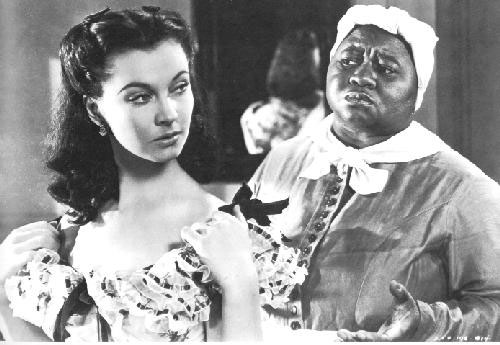I have help; I’ve had it since moving to South America six years ago. There’s a saying round these parts: “You either have a maid or you are a maid.” In my case, it’d be a doorman or handyman or whatnot. Either way, with the daily rate for a housekeeper being an exploitative R$60 (US$37), having help isn’t really seen as a luxury down here. I think of it as job creation. I don’t even want to know how much – or little – the nannies make.
I’ve always paid the help as far above the going rate as I could, considering a) just because I can exploit a segment of the population doesn’t mean I should, and b) most of the help in general consists of black/brown women with kids struggling to pay tuition at a private school so that their kids don’t end up as maids or servicemen themselves, ergo I empathize with the help. As I’ve said on this blog before, had it not been for an Anglo-American slaver bringing my ancestors this side of the Pond, the help could easily have been my mother, sister, aunt, grandma, etc. People here insist that I pay too much, that I “spoil” the help. Yet these same people don’t think twice about requesting raises from their bosses.
My help have always, always been honest, intelligent ladies who have left 100-real bank notes they found balled up in my shirt pocket flattened and pressed on the kitchen table in plain view. They’ve been meticulous housekeepers, and sometimes, expert cooks. My help has better budgeting skills than I do, never complaining even once when I’ve had to miss payment one week because of my own foolishness. The help doesn’t really get a lot of respect, either: “A smart maid is a secretary.” God bless my help.
Hats off to Señora Gladys, Teresa, Diva, and Rosa. Unfortunately, you’ll never know just how much your help means to any country’s “economic miracle.”

